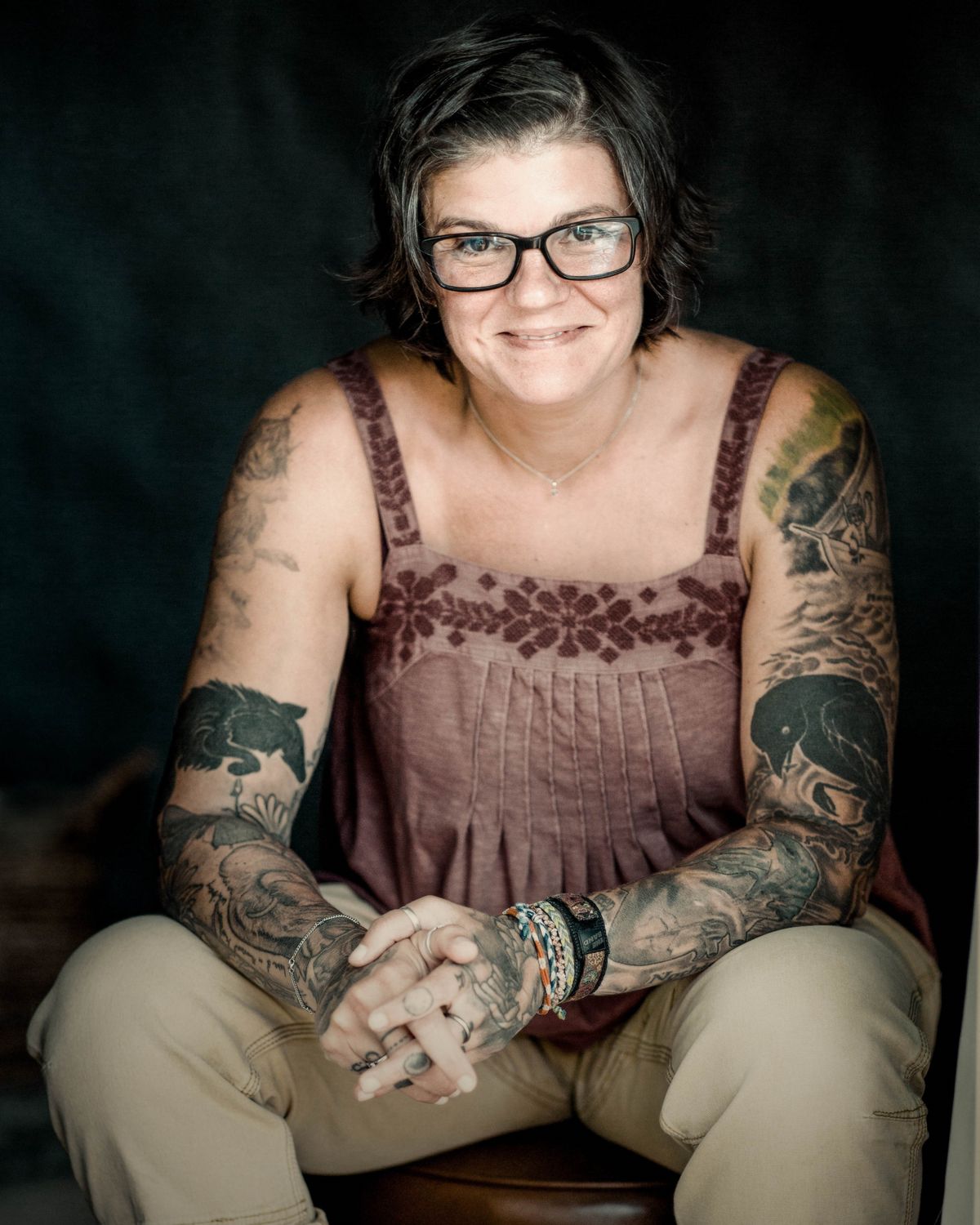Book review: ‘Class’ exposes the patriarchy in all its ugliness

If a single mother cries and no one pays attention, does she make any sound?
Stephanie Land makes sure those cries don’t remain ignored. Her latest memoir, “Class,” offers a compelling sequel to her her best-selling, “Maid,” the basis of a popular television series on Netflix. I didn’t read “Maid,” or watch the series, but “Class” makes me want to go back and do both.
Land is the latest author to give a voice to women held down by poverty. That list includes Sarah Smarsh’s “Heartland: A Memoir of Working Hard and Being Broke in the Richest Country on Earth.”
But where Smarsh wrote her book as a letter to the daughter she never had to break the cycle of poverty that had shadowed her mother and grandmother as single parents, Land gives a full-throated shoutout to mothers forced to go it alone.
They are the ones who push against a society that wants to force them to have babies but offers little in support of them.
“Class” traverses Land’s struggles to complete her college degree in writing while living below the poverty line and raising a daughter just entering kindergarten and the challenges that brings.
Land’s story is full of contradictions. To get the kind of job she needs to support her child, she needs college. To get the money she needs to feed her daughter, she’s told she needs a full-time job, not an education.
Meanwhile, younger people, fueled by their parents’ funds, go to college and onto better jobs and an easier time raising a family.
It shows that for some, the promise of an American Dream is a downright nightmare.
Land exposes the discrepancies in politicians who shout out about family values but pass policies that fail families. In addition to her textbooks and homework, Land carries a thick folder of identification and financial forms she needs to meet the daunting bureaucracies necessary to get just enough money to feed her daughter. Often, she must go hungry so her child can eat.
Because around every turn, the ghost of Ronald Reagan and his mythical “Welfare Queen” still haunt our perceptions. A lot of taxpayer money is spent to make sure women who choose to have their children aren’t cheating a system that barely offers any hope.
“It was ridiculous to imagine that anyone would try to pull a fast one by spending hours at a government assistance office in the middle of the workday so they could possibly leave with a couple hundred bucks a month for food,” Land writes. “But this is how I had spent hours and sometimes entire workdays of my life, convincing authorities that I wasn’t a criminal.”
Following “Maid,” Land still cleans houses to make ends meet while trying to finish her senior year in her undergraduate writing program. Jamie, her abusive ex and the father of her daughter, still tries to control her from afar, showing how with a child you can never truly escape a relationship.
It’s enough to make a women want to forget who fertilized her egg and raise a child alone. But that causes its own problems in a world where women are supposed to have men at their sides.
“Class” exposes patriarchy in all its ugliness.
But it also shows the bravery and strength one woman can show just to try and make her life better and support her child.
We know how this ends: a bestseller, a Netflix series, another book and presumably a less stressful financial situation. That doesn’t keep us from rooting for Land and Emilia and the village who it takes to help them just survive.
Land keeps you on the edge, wondering how she’s going to pull it all off against people who give her all sorts of advice she never asks for and a government that throws up barriers against her.
This story constantly asks the question just who gets to decide who gets to chase the so-called American Dream, and who isn’t deemed deserving.
In “Class,” Land continues to give a voice to single mothers.
This book simply asks us to listen.